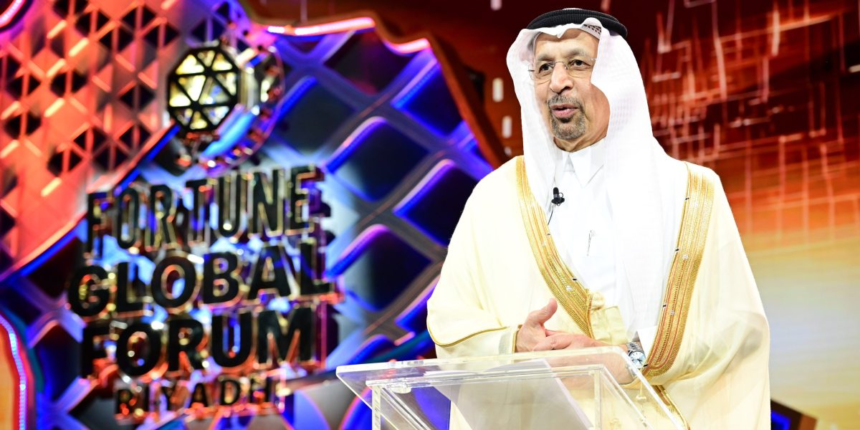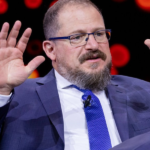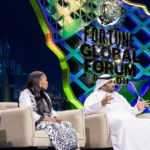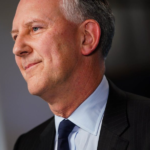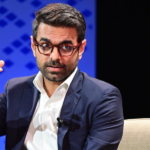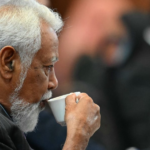Saudi Arabia’s investment minister, H.E. Khalid A. Al-Falih, said the Kingdom has evolved from an emerging player to a key architect of the global economy’s future—and that future depends on collaboration.
However, Al-Falih added that the increase in protectionist policies is a setback.
“In my view, no nation or company can achieve resilience and isolation. The true advantage lies in what we would call connected resilience, rather than isolated resilience,” he said.
For its part, the Kingdom has made collaboration one of its strengths, said Al-Falih. In just the past decade, under Crown Prince Mohammed bin Salman’s Vision 2030 plan, the Kingdom’s non-oil economic activities rose to 56% of the economy, up from less than half when the plan was launched in 2016. Its overall economy has grown to about 1.3 trillion, from 650 billion before the plan, while unemployment has fallen below 7%, and women’s participation in the economy has doubled.
Al-Falih touted the Kingdom’s accomplishments as evidence that it is thriving as an economic player, and now more than ever serves as a destination for investment and a catalyst for growth internationally and in the region.
As for the future, the Kingdom has its sights set on becoming a key player for the age of AI thanks to its investments both in oil and renewable energy that will help power a “global hub for data centers, cloud computing and AI driven industries.”
“We’re not simply waiting for the future to arrive. We’re building it today, not alone, but together with our global partners,” Al-Falih said.


